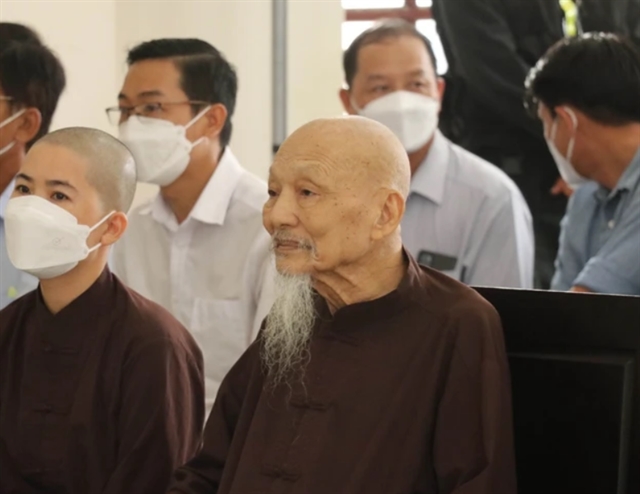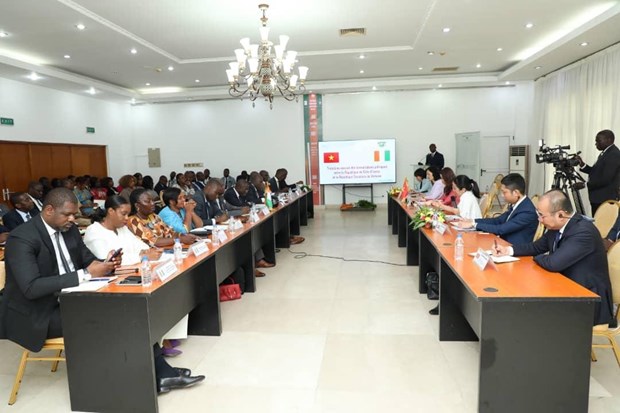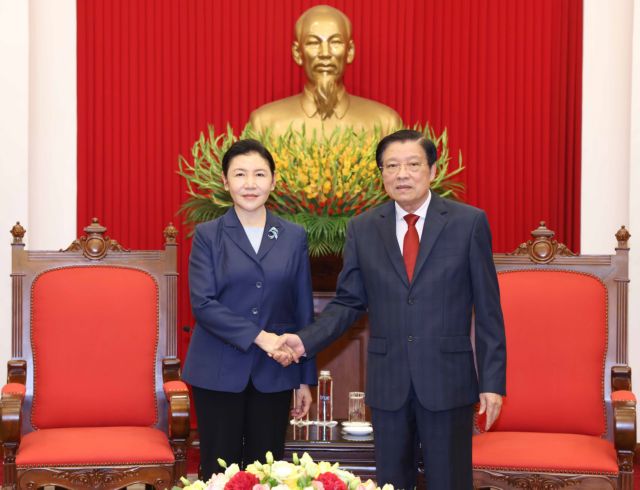 Society
Society

A preliminary hearing began the second phase of the trial on a transnational trafficking case of some 5,000 heroin cakes in the northern Quảng Ninh Province yesterday.
 |
| Trial continues for the biggest drug trafficking case in the country that involved more than 5,000 heroin cakes. — VNA/VNS Illustrative photo |
QUẢNG NINH — A preliminary hearing today launched the second phase of the trial concerning the biggest drug trafficking case in Vietnamese history.
At the centre of the case is Hoàng Văn Tiến, born in 1978 in the northern Sơn La Province, Trần Thu Hằng, born in 1978 in the northern Bắc Giang Province and dozens of other defendants.
During the 2003-13 period, apart from 5,346 heroin cakes, Tiến and his partners in crime traded some 35,000 synthetic drug tablets and 1,100 grams of crystal meth in Hà Nội and the northern provinces of Thái Nguyên, Bắc Ninh, Bắc Giang and Lạng Sơn, according to the 2013 indictment by the provincial People’s Procuracy, making it the biggest drug trafficking case in Việt Nam.
The provincial investigative police seized 22 heroin cakes, nearly 33 grams of Ketamine, 60 tablets of synthetic drugs, over 1 gram of Methaphetamine and 122 grams of dried marijuana.
It was considered by the jury as a particularly dangerous case, involving heroin trade from Laos to Việt Nam to China and vice versa, with the use of several military weapons.
The preliminary hearing was conducted by the provincial People’s Court at the detention centre of the provincial police.
Twenty-five defendants are being prosecuted during this phase of the trial.
The trial is expected to last until December 30.
In the preliminary hearing on 89 defendants during phase I of the trial held in January 2014, 30 defendants were sentenced to death and 13 to life imprisonment by the provincial People’s Court. — VNS









